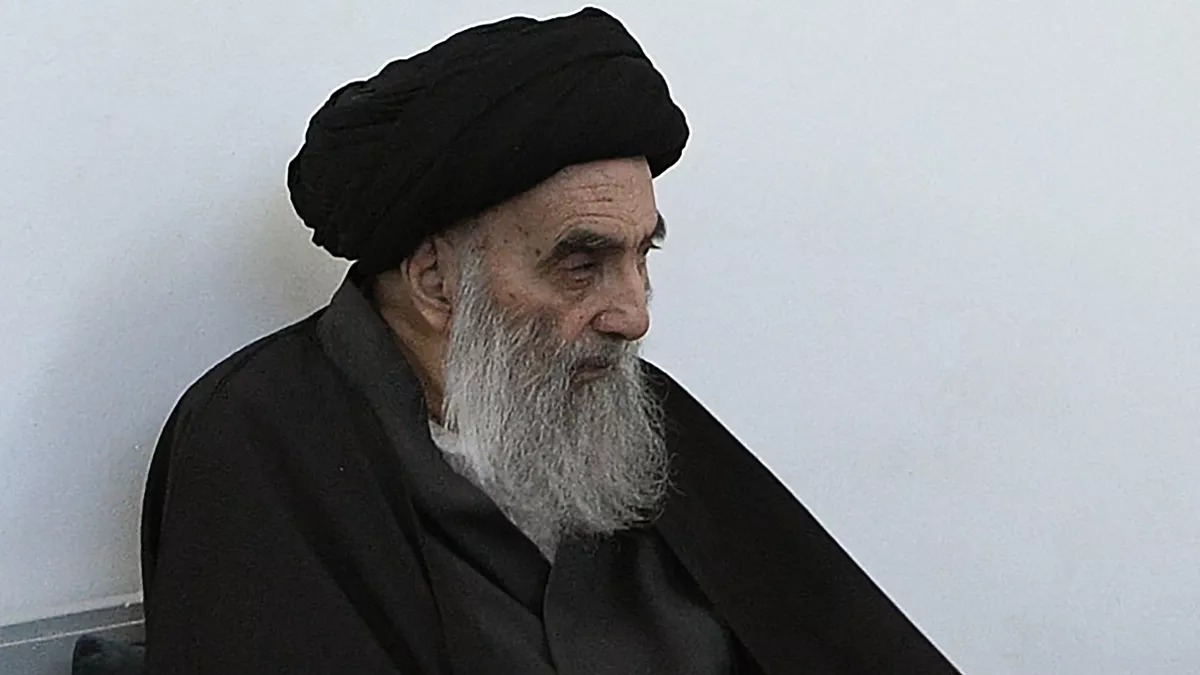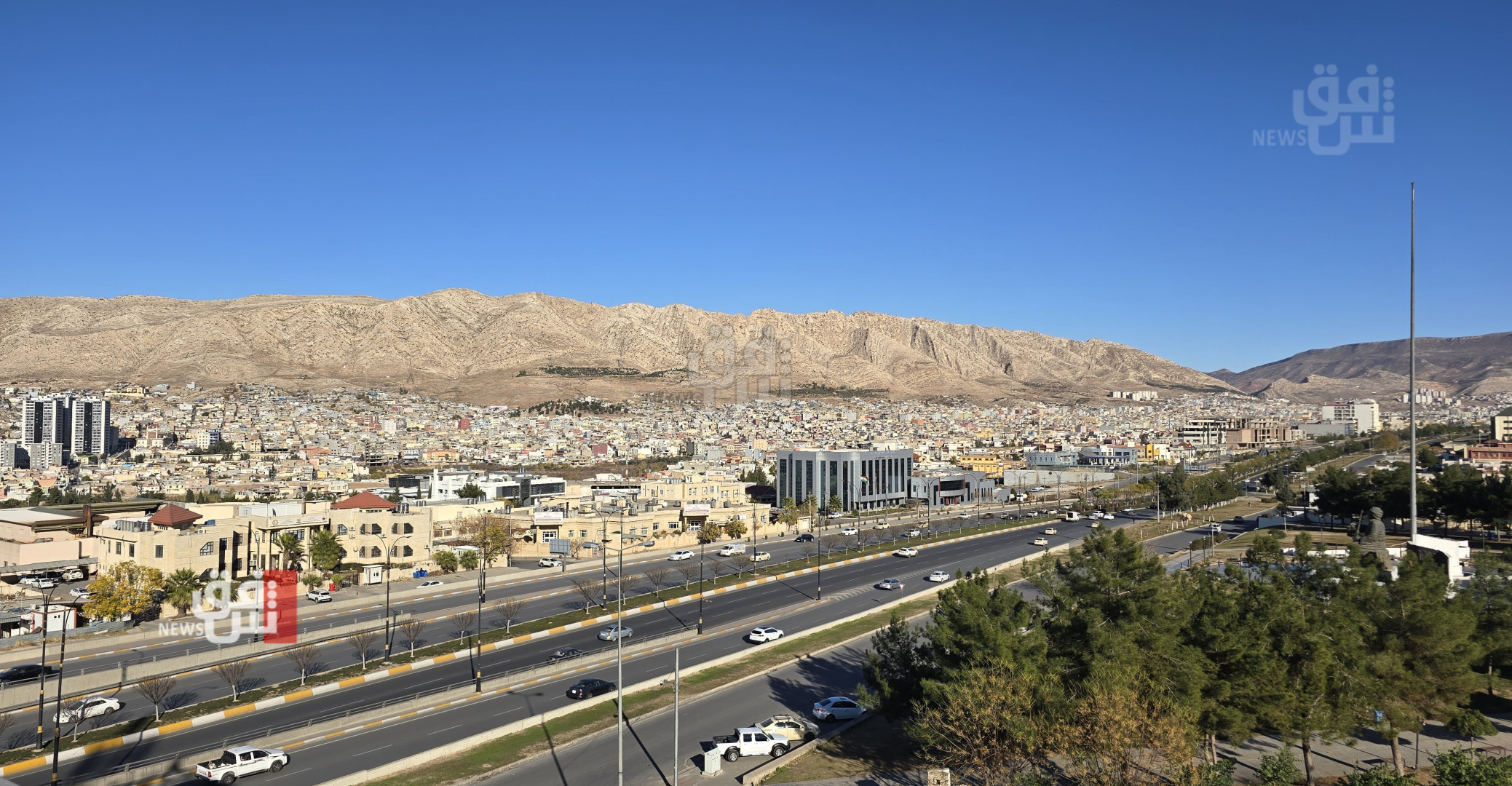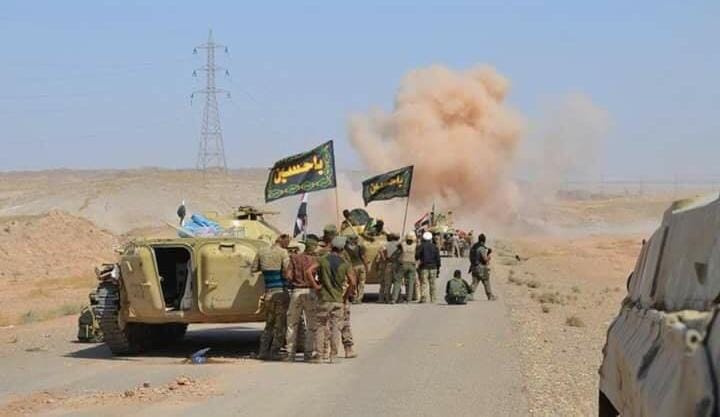Ayatollah Ali Al-Sistani's guidance on combating drug use and trafficking in Iraq

Shafaq News/In recent years, Iraq has witnessed a troubling rise in drug trafficking andconsumption, leading to severe social, economic, and health-related consequences.In response to these challenges, a top Shiite authority, Grand Ayatollah AliAli-Sistani, has addressed a series of crucial questions concerning thereligious, ethical, and social dimensions of drug-related activities.
TheProhibition of Drugs
AyatollahAl-Sistani unequivocally states that "all types of drugs that lead toaddiction are strictly prohibited (haram) in Islam. This prohibition appliesregardless of the method of consumption, whether oral, intravenous or throughinhalation." The only exception is when a qualified specialist prescribescertain drugs containing addictive substances for specific medical conditions,and even then, it must be "strictly within the limits of theprescription."
Encouragingor Facilitating Drug Use
Aparticularly sensitive issue addressed by Ayatollah Al-Sistani is the moralresponsibility of those who facilitate others' addiction, such as by providingdrugs for free until the individual becomes dependent. This act is deemed"not only sinful but also morally reprehensible, with the facilitatorbearing full responsibility for any harm caused." Ayatollah emphasizes thesevere consequences of such actions, including the necessity for compensationfor any physical or psychological damage inflicted.
Legal andSocial Obligations
AyatollahAl-Sistani further clarifies the religious obligation to refrain from engagingin or supporting the drug trade, including trafficking and sales. "Anyincome derived from such activities is considered unlawful (suh?), and it isforbidden to use it." He also advises against social interactions withindividuals involved in drug trafficking, urging a form of social boycott todiscourage this behavior.
MandatoryReporting and Law Enforcement
On thequestion of reporting drug traffickers to the authorities, Ayatollah Al-Sistaniinsists that it is "obligatory" to do so, provided that there is nofear of harm and the report is likely to result in effective legal action.Additionally, he endorses participation in anti-drug law enforcement efforts,stating that it is a collective duty (wajib kifa'i) for those qualified tocontribute to this critical mission.
Family andCustodial Rights
Addressingconcerns about parental addiction, Ayatollah Al-Sistani outlines theresponsibilities of non-addicted partner to protect their children. "If apartner's drug addiction poses a risk to the children's well-being, legal andreligious measures should be taken to safeguard them, including possibly removingthe children from the addict's custody."
Accountabilityin Anti-Drug Efforts
AyatollahAl-Sistani also touches on the ethical standards expected from law enforcementand judicial officials. He condemns any negligence or corruption, such asaccepting bribes to overlook drug crimes or falsely incriminating innocentindividuals. "Such actions are deemed grave sins, warranting severe divinepunishment and professional consequences, including disqualification from theirroles."
Advice toYouth and Families
TheAyatollah provides specific advice to young people and their families onavoiding drug addiction. He stresses the importance of steering clear ofnegative influences and peer pressure, advising parents to monitor theirchildren's social circles closely. He also encourages the use of educationaland preventative measures to keep youth from falling prey to addiction.
The Role ofCultural and Religious Institutions
In hisguidance, Ayatollah Al-Sistani underscores the vital role of cultural andreligious institutions in raising awareness and educating the public about thedangers of drug use. He calls on educators, preachers, and media professionalsto intensify their efforts in this area, using all available resources tocombat this serious issue.



